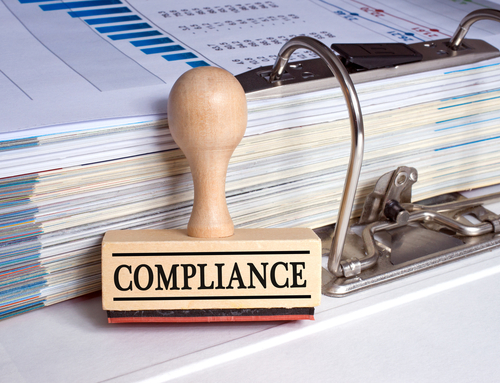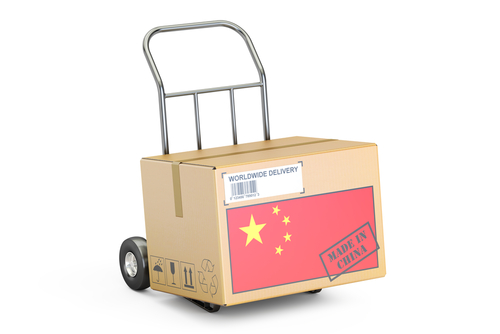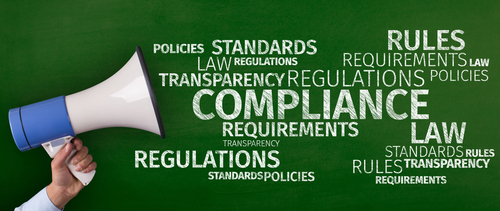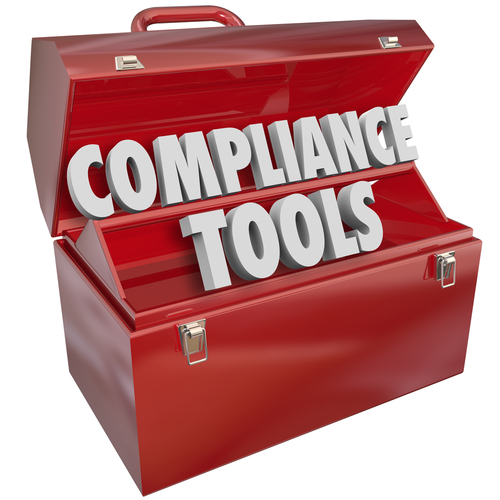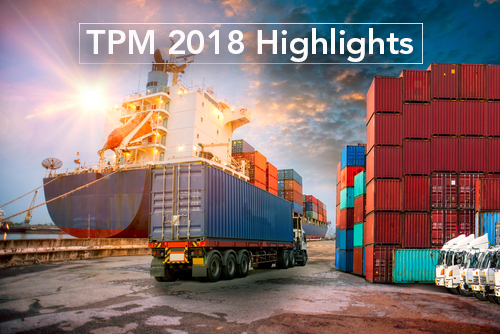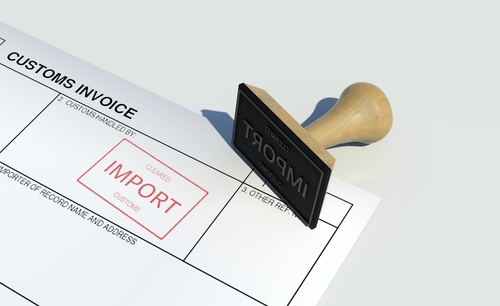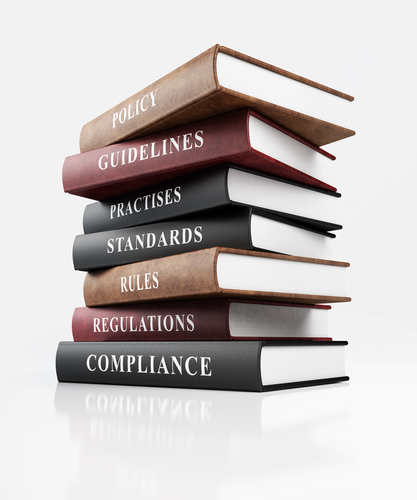Compliance Instruction Manual: Valuation Chapter
It’s time to open your Import Compliance Tools Instruction Manual! The first page brings you to one of Customs’ most common errors when importing: Valuation. The responsibility of reporting the correct value of the cargo to Customs falls on the importer because of ‘Reasonable Care,’ which states importers are aware of their obligations when importing. […]
Continue Reading »What’s an Importer to Do About the Chinese (Section 301) Tariffs?
“Knowledge is power.” – Sir Francis Bacon We couldn’t agree more! Freight is a variable game, but regulatory compliance requires a solid foundation of knowledge and experience. And Shapiro has over a century of that! Is your company being affected in some way by the imposition of additional Chinese tariffs under Section 301? Will these […]
Continue Reading »Why Invest in a Trade Compliance Program?
Does your company have a trade compliance program? In today’s fast-paced marketplace, lack of awareness about the benefits of a trade compliance program can be very costly. Companies can save a substantial amount of money if they know how to apply and take advantage of free trade agreements, preference programs, drawback, first sale valuation, tariff […]
Continue Reading »CBP’s New E-commerce Strategy
These days, the world of e-commerce is constantly moving and evolving. If you blink, you may just find yourself 10 steps behind! A lot of the change is driven by the agility of both e-commerce sellers and a growing community of logistics & customs solutions providers that support them. You may be thinking, how exactly […]
Continue Reading »Can Your Shipment Benefit from Free Trade Agreements (FTAs)?
It’s time to pull the handy-dandy Free Trade Agreement from your tool box! What are Free Trade Agreements? What do they achieve? Do your imports qualify for any reduced-duty program? Do you have written policy and procedures for FTAs? Basically, Free Trade Agreements (FTAs) are designed to boost trade and social relationships between two or […]
Continue Reading »2018 TPM Takeaways – The Certainty of Uncertainty
The Trans-Pacific Maritime (TPM) Conference is an annual gathering of supply chain executives wherein industrywide successes and pain points are deliberated, with presentations and discussions typically leading to an overarching path of future resolve in an otherwise fickle trade. However, this year, aside from uniform predictions of relative ocean rate stability throughout 2018, the consensus […]
Continue Reading »Who Responds to Your Importer Inquiries from U.S. Customs?
As an importer, when U.S. Customs and Border Protection (CBP) asks your Customs broker a question about your merchandise, do you allow your broker to respond to that query or do you as the Importer of Record (IOR) respond to that query? When you receive Requests for Information (CBP Form 28), Notices of Action (CBP […]
Continue Reading »Harmonized Tariff Schedule: Properly Classifying Your Product
Dust off your compliance toolbox, it’s time to talk about classification! Did you know that all merchandise has a harmonized tariff number? Did you also know that it is your responsibility as the importer or exporter to properly classify your product? Customs classifications are complex and are used to determine applicable duties, trade statistics, whether […]
Continue Reading »How Technology is Changing the Future of Logistics
Logistics & Technology The evolution of technology is pushing the boundaries and changing how the world does business. Today, we’re accustomed to everything being online and right at our fingertips for immediate access. Through Amazon, the pioneer of fast-paced delivery service, it’s possible to receive a package less than an hour after ordering, depending on […]
Continue Reading »ISF Enforcement: Penalties, Filing Errors, and Mitigation
While enforcement of ISF (Importer Security Filing) violations began in May 2015, the enforcement environment has stiffened markedly in the last year. ISF requires importers and carriers to provide a set of information for any shipments being imported into the United States within at least 24 hours before loading their shipments or else they may […]
Continue Reading »
